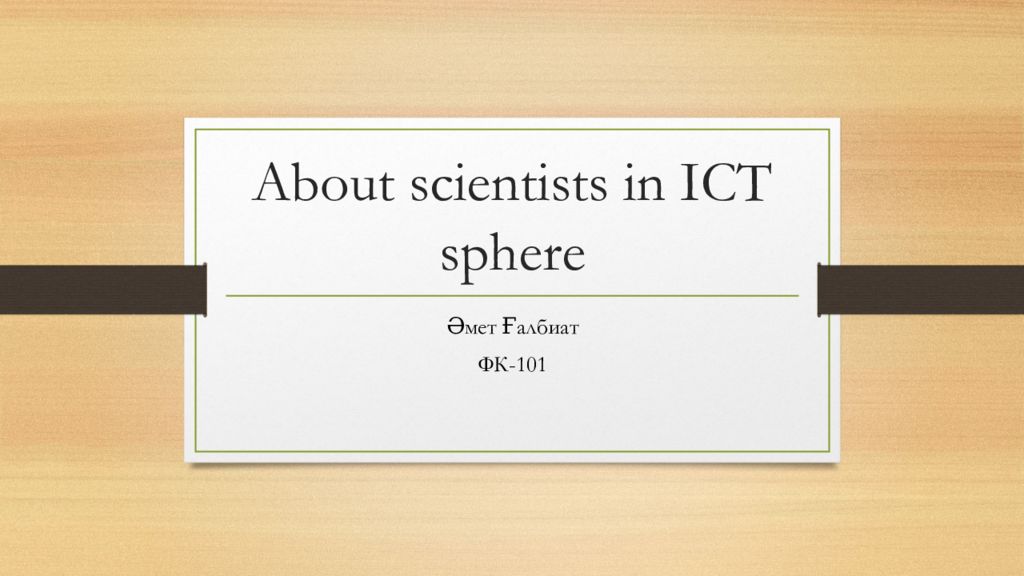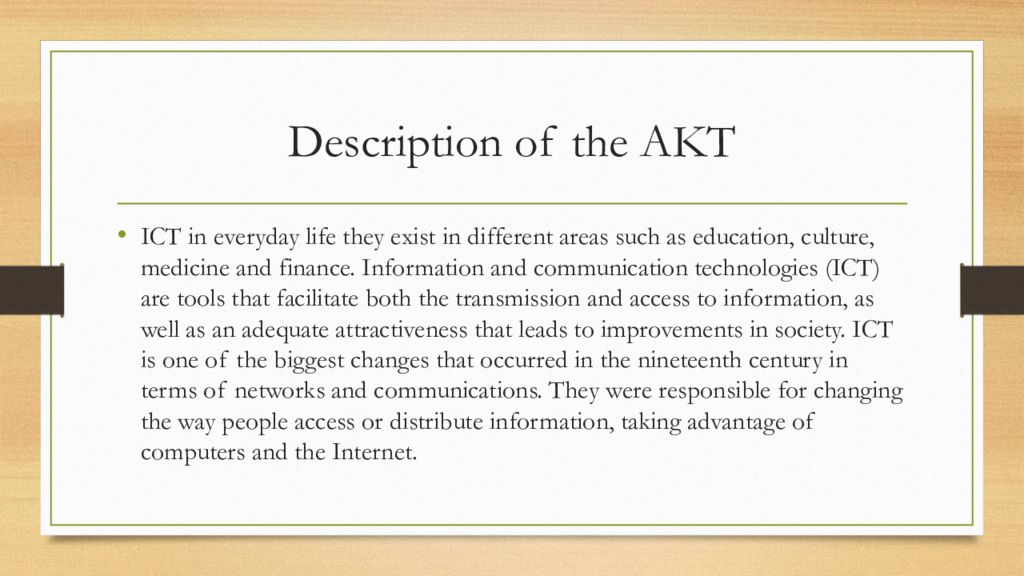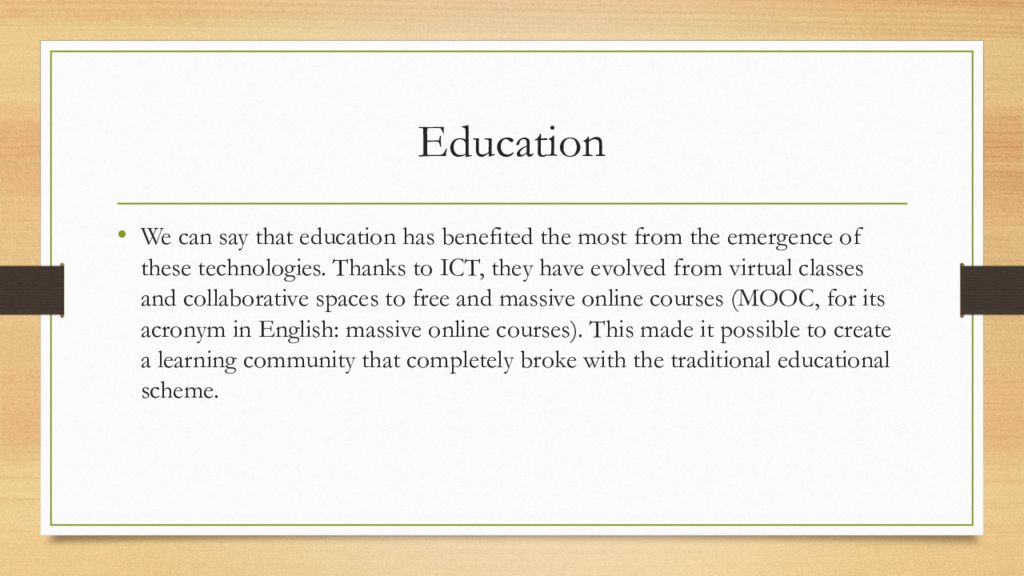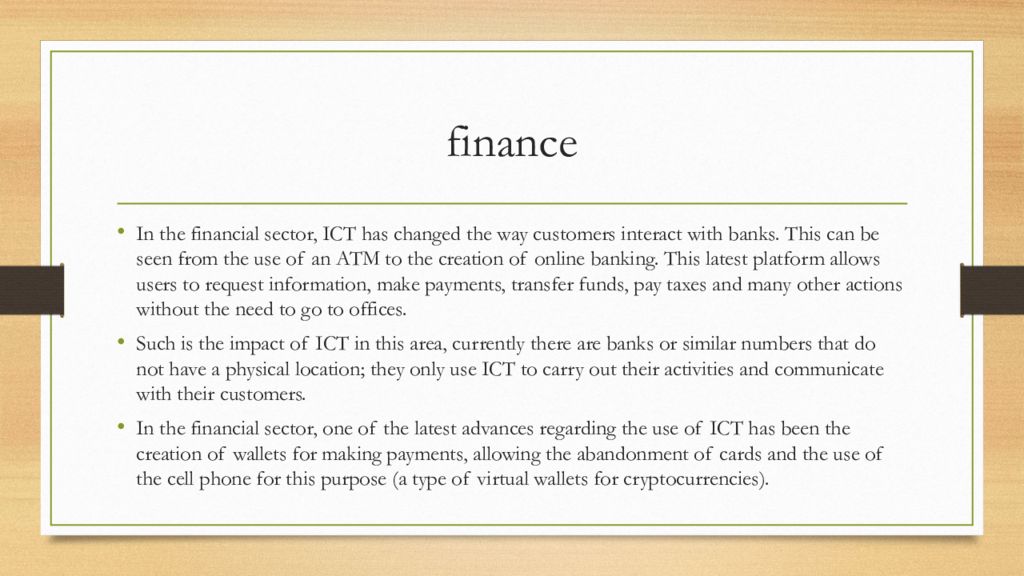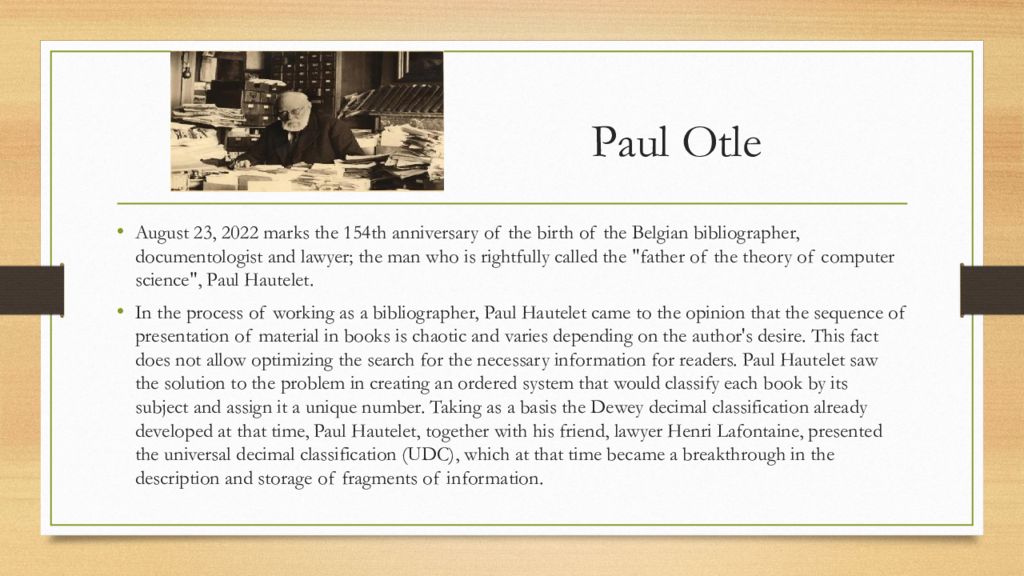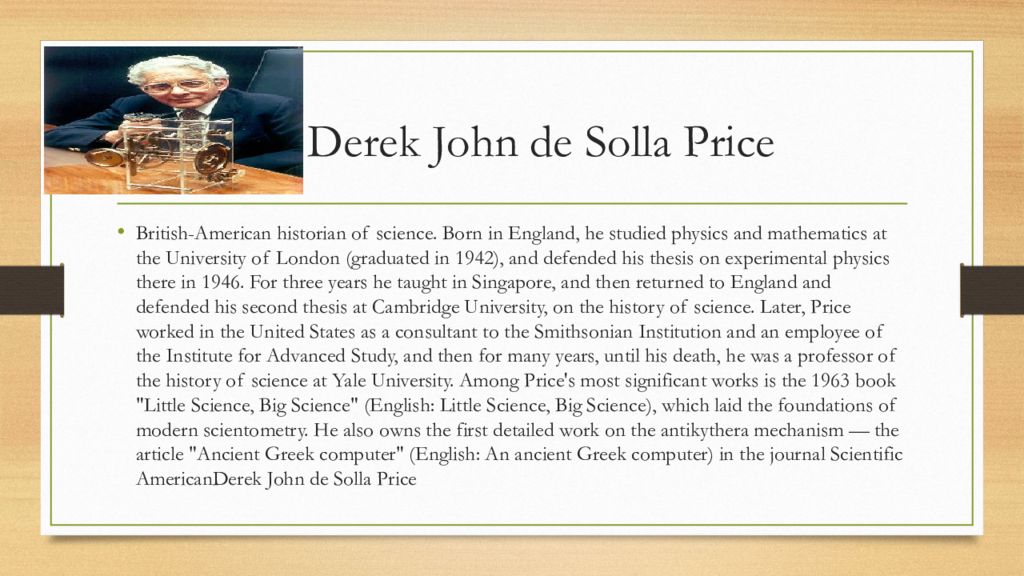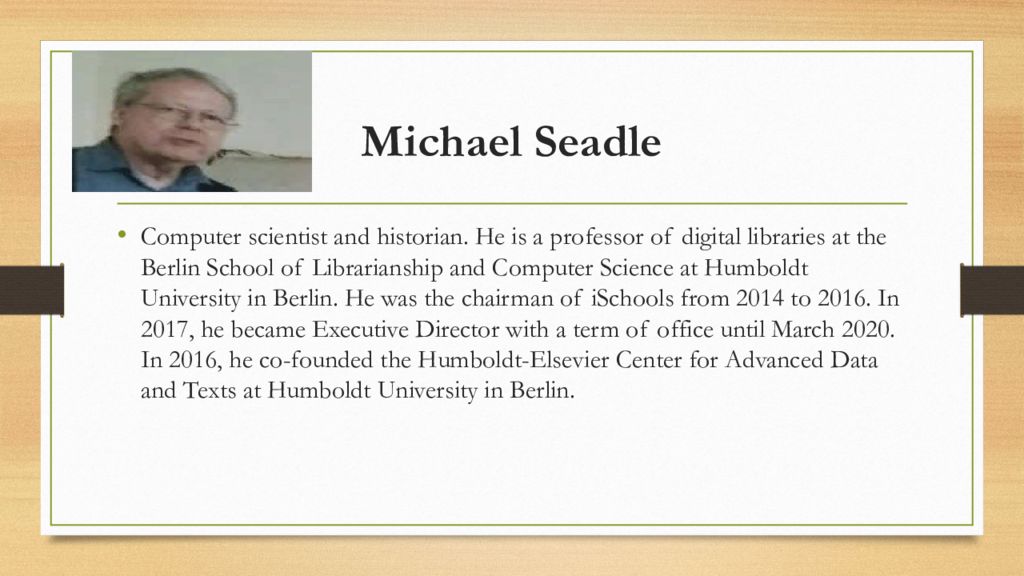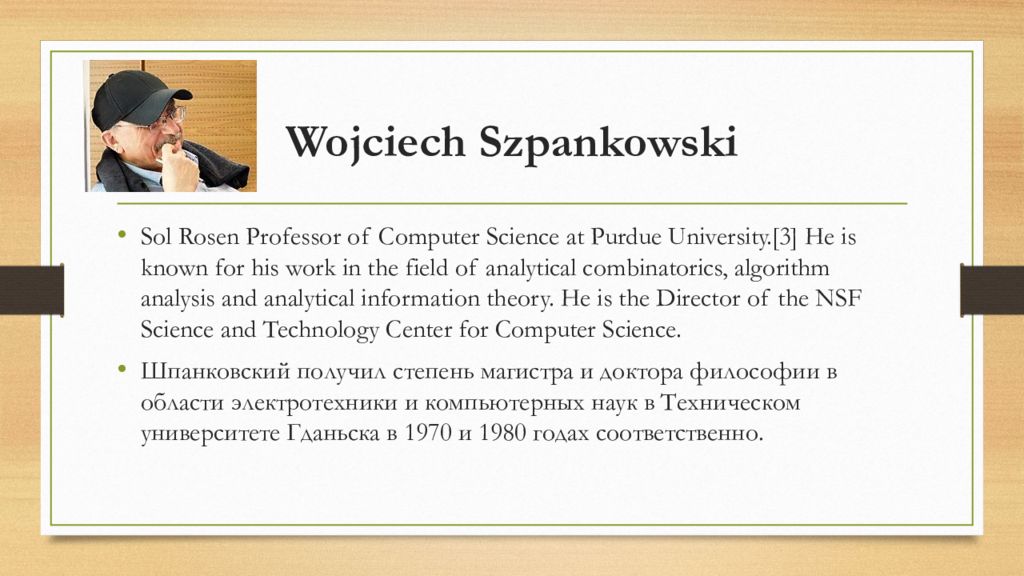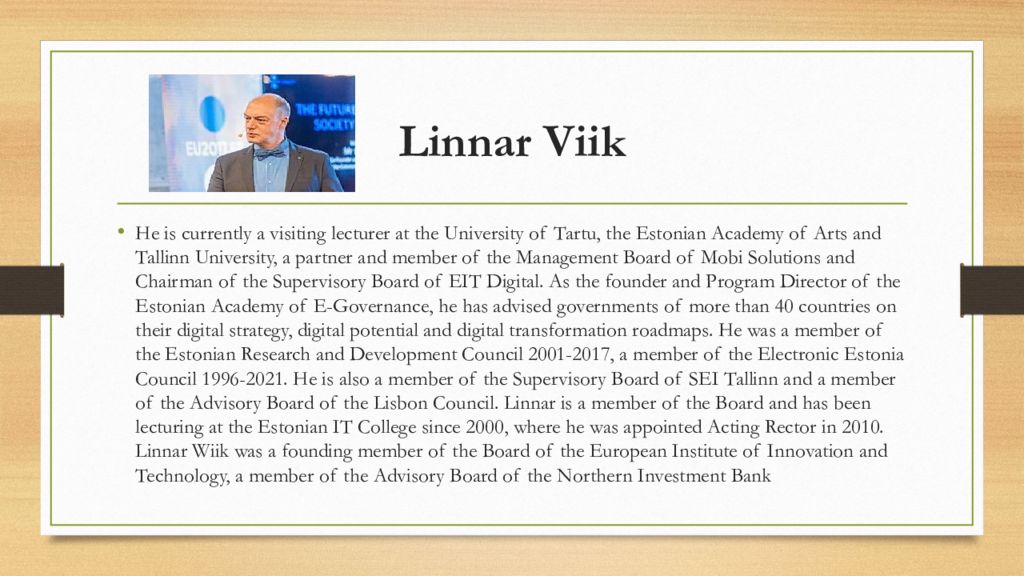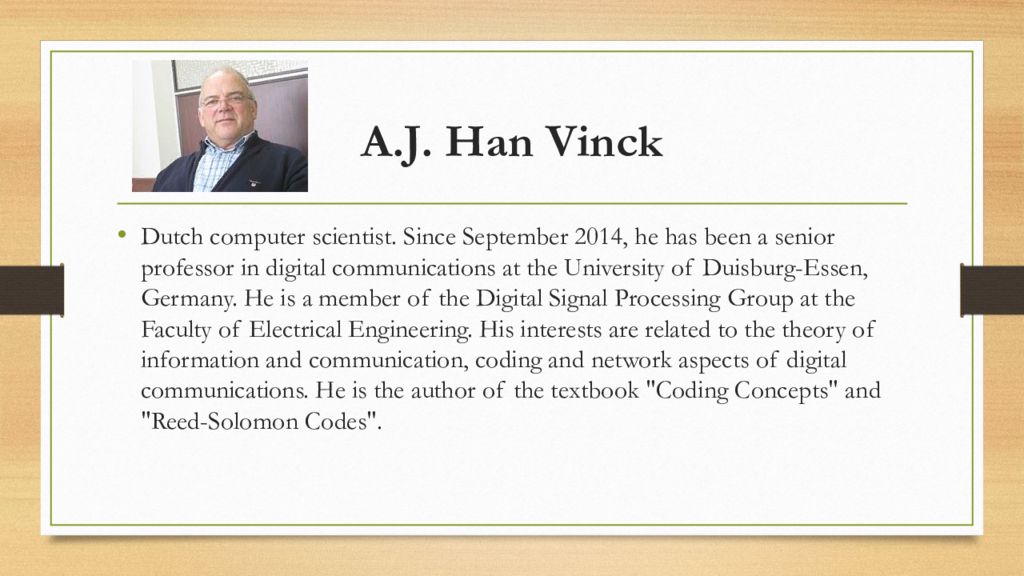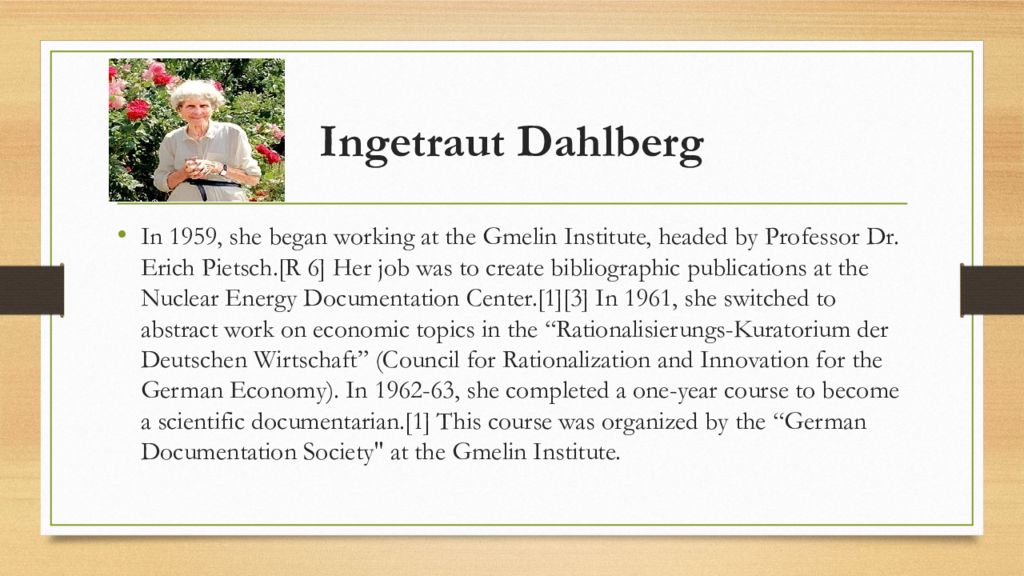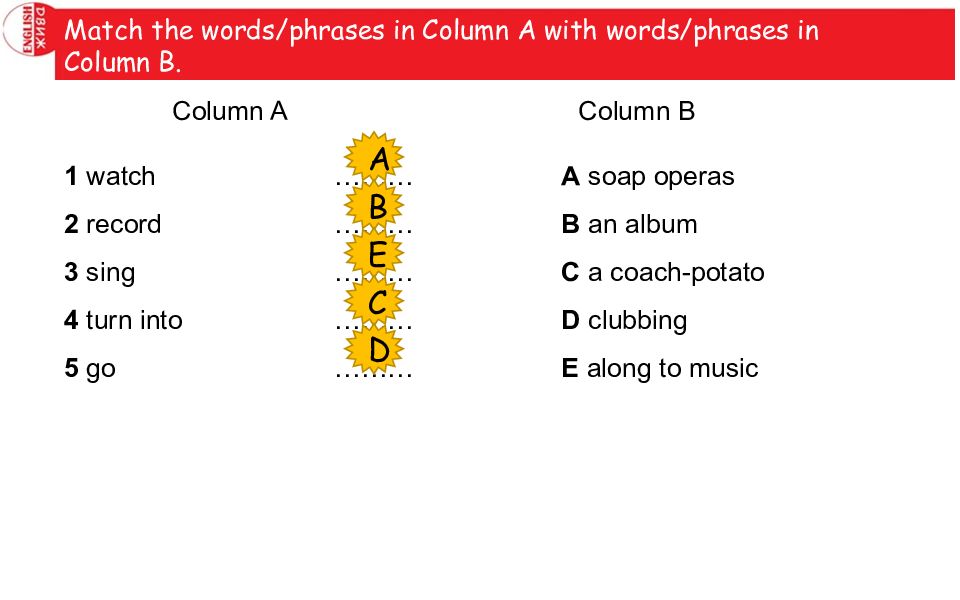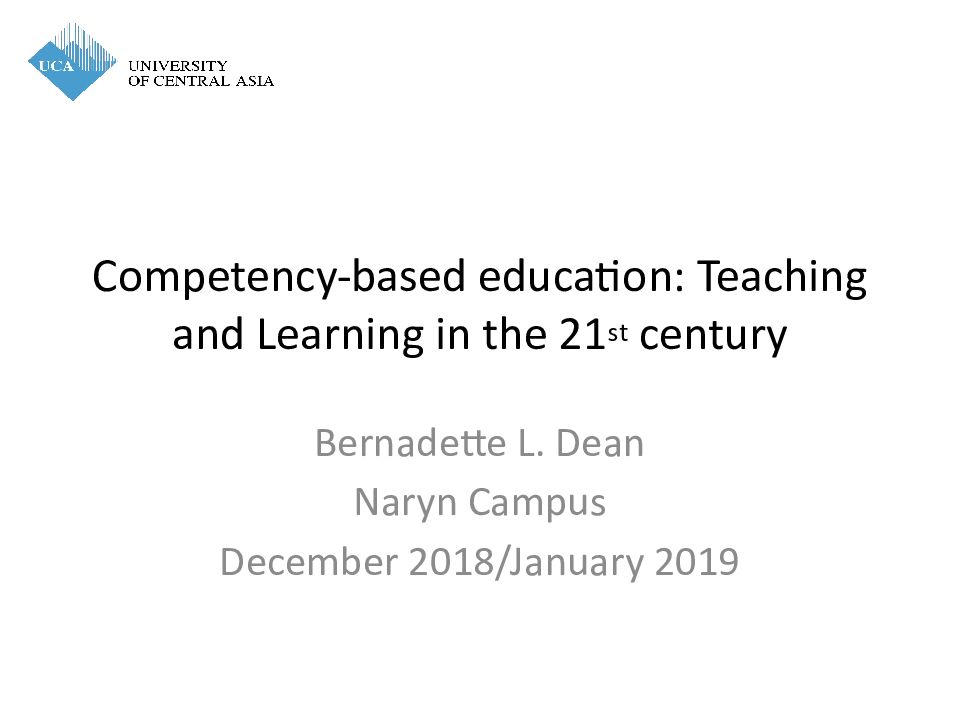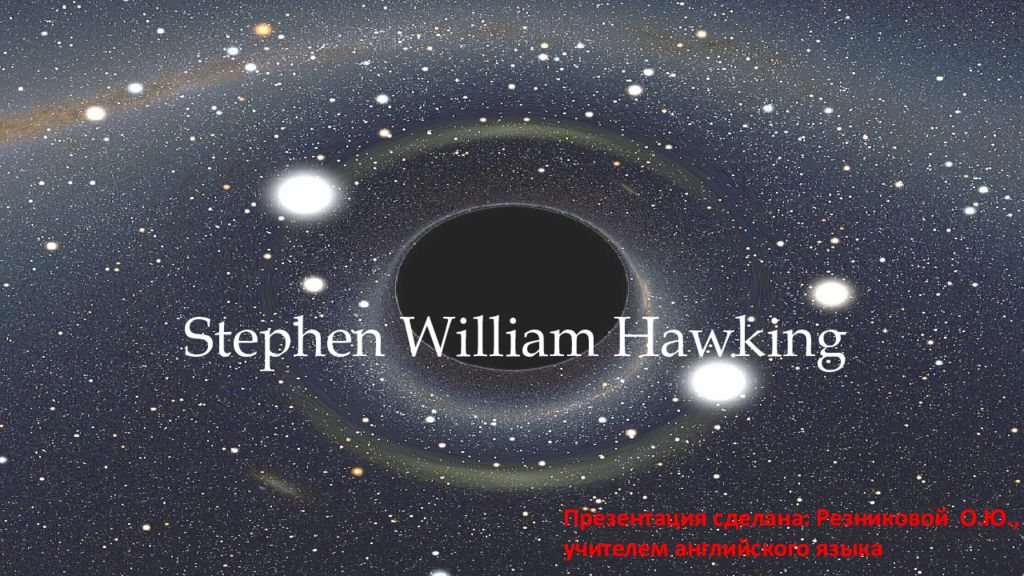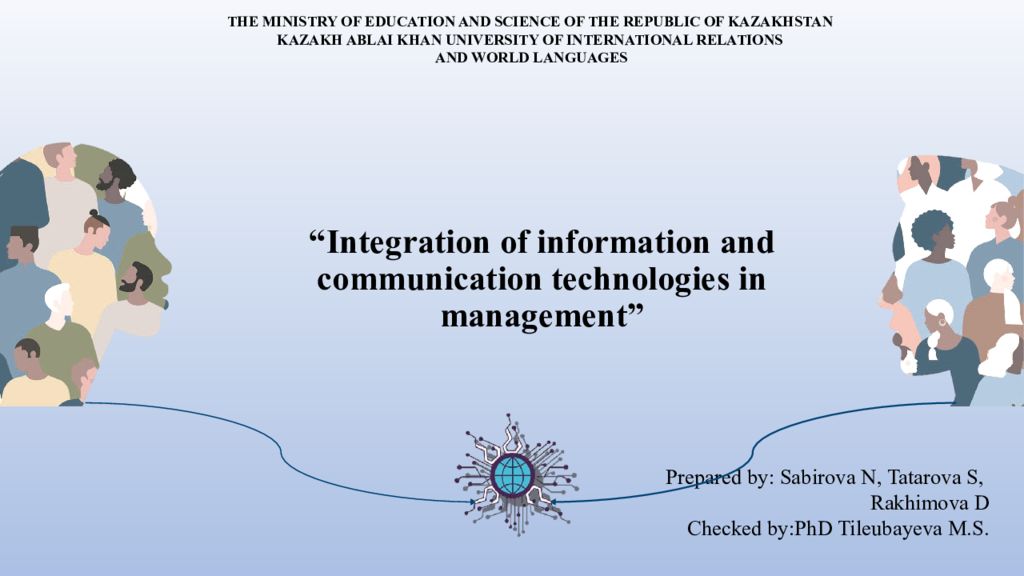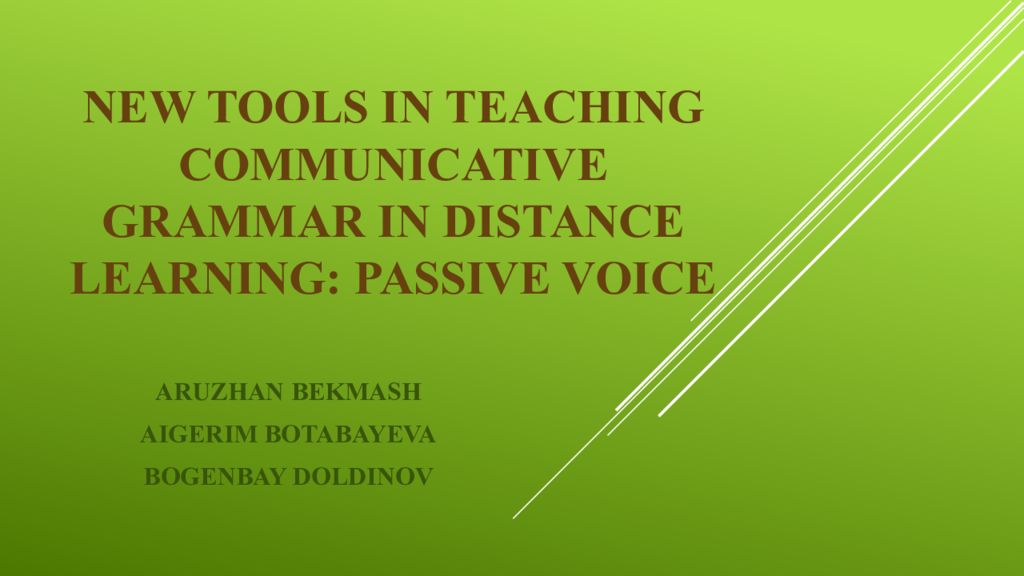Слайд 2: Description of the AKT
ICT in everyday life they exist in different areas such as education, culture, medicine and finance. Information and communication technologies (ICT) are tools that facilitate both the transmission and access to information, as well as an adequate attractiveness that leads to improvements in society. ICT is one of the biggest changes that occurred in the nineteenth century in terms of networks and communications. They were responsible for changing the way people access or distribute information, taking advantage of computers and the Internet.
Слайд 3: Education
We can say that education has benefited the most from the emergence of these technologies. Thanks to ICT, they have evolved from virtual classes and collaborative spaces to free and massive online courses (MOOC, for its acronym in English: massive online courses). This made it possible to create a learning community that completely broke with the traditional educational scheme.
Слайд 4: finance
In the financial sector, ICT has changed the way customers interact with banks. This can be seen from the use of an ATM to the creation of online banking. This latest platform allows users to request information, make payments, transfer funds, pay taxes and many other actions without the need to go to offices. Such is the impact of ICT in this area, currently there are banks or similar numbers that do not have a physical location; they only use ICT to carry out their activities and communicate with their customers. In the financial sector, one of the latest advances regarding the use of ICT has been the creation of wallets for making payments, allowing the abandonment of cards and the use of the cell phone for this purpose (a type of virtual wallets for cryptocurrencies ).
Слайд 5: Paul Otle
August 23, 2022 marks the 154th anniversary of the birth of the Belgian bibliographer, documentologist and lawyer; the man who is rightfully called the "father of the theory of computer science", Paul Hautelet. In the process of working as a bibliographer, Paul Hautelet came to the opinion that the sequence of presentation of material in books is chaotic and varies depending on the author's desire. This fact does not allow optimizing the search for the necessary information for readers. Paul Hautelet saw the solution to the problem in creating an ordered system that would classify each book by its subject and assign it a unique number. Taking as a basis the Dewey decimal classification already developed at that time, Paul Hautelet, together with his friend, lawyer Henri Lafontaine, presented the universal decimal classification (UDC), which at that time became a breakthrough in the description and storage of fragments of information.
Слайд 6: Derek John de Solla Price
British-American historian of science. Born in England, he studied physics and mathematics at the University of London (graduated in 1942), and defended his thesis on experimental physics there in 1946. For three years he taught in Singapore, and then returned to England and defended his second thesis at Cambridge University, on the history of science. Later, Price worked in the United States as a consultant to the Smithsonian Institution and an employee of the Institute for Advanced Study, and then for many years, until his death, he was a professor of the history of science at Yale University. Among Price's most significant works is the 1963 book "Little Science, Big Science" (English: Little Science, Big Science), which laid the foundations of modern scientometry. He also owns the first detailed work on the antikythera mechanism — the article "Ancient Greek computer" (English: An ancient Greek computer) in the journal Scientific AmericanDerek John de Solla Price
Слайд 7: Michael Seadle
Computer scientist and historian. He is a professor of digital libraries at the Berlin School of Librarianship and Computer Science at Humboldt University in Berlin. He was the chairman of iSchools from 2014 to 2016. In 2017, he became Executive Director with a term of office until March 2020. In 2016, he co-founded the Humboldt-Elsevier Center for Advanced Data and Texts at Humboldt University in Berlin.
Слайд 8: Wojciech Szpankowski
Sol Rosen Professor of Computer Science at Purdue University.[3] He is known for his work in the field of analytical combinatorics, algorithm analysis and analytical information theory. He is the Director of the NSF Science and Technology Center for Computer Science. Шпанковский получил степень магистра и доктора философии в области электротехники и компьютерных наук в Техническом университете Гданьска в 1970 и 1980 годах соответственно.
Слайд 9: Linnar Viik
He is currently a visiting lecturer at the University of Tartu, the Estonian Academy of Arts and Tallinn University, a partner and member of the Management Board of Mobi Solutions and Chairman of the Supervisory Board of EIT Digital. As the founder and Program Director of the Estonian Academy of E-Governance, he has advised governments of more than 40 countries on their digital strategy, digital potential and digital transformation roadmaps. He was a member of the Estonian Research and Development Council 2001-2017, a member of the Electronic Estonia Council 1996-2021. He is also a member of the Supervisory Board of SEI Tallinn and a member of the Advisory Board of the Lisbon Council. Linnar is a member of the Board and has been lecturing at the Estonian IT College since 2000, where he was appointed Acting Rector in 2010. Linnar Wiik was a founding member of the Board of the European Institute of Innovation and Technology, a member of the Advisory Board of the Northern Investment Bank
Слайд 10: A.J. Han Vinck
Dutch computer scientist. Since September 2014, he has been a senior professor in digital communications at the University of Duisburg-Essen, Germany. He is a member of the Digital Signal Processing Group at the Faculty of Electrical Engineering. His interests are related to the theory of information and communication, coding and network aspects of digital communications. He is the author of the textbook "Coding Concepts" and "Reed-Solomon Codes".
Последний слайд презентации: About scientists in ICT sphere: Ingetraut Dahlberg
In 1959, she began working at the Gmelin Institute, headed by Professor Dr. Erich Pietsch.[R 6] Her job was to create bibliographic publications at the Nuclear Energy Documentation Center.[1][3] In 1961, she switched to abstract work on economic topics in the “ Rationalisierungs-Kuratorium der Deutschen Wirtschaft ” (Council for Rationalization and Innovation for the German Economy). In 1962-63, she completed a one-year course to become a scientific documentarian.[1] This course was organized by the “German Documentation Society" at the Gmelin Institute.
